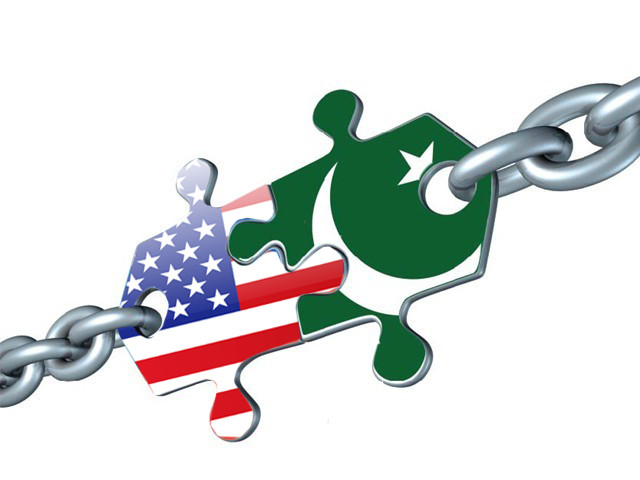Can foreign policy work this way?
If Pakistan negotiates route reopening with more pragmatism, less offended honour, US may apologise for Salala too.

Angry reaction is already in evidence. Respectable opinion-makers condemn the ‘worldliness’ of material demands when national honour was at stake. It is being said that Nato supplies simply could not be the subject of discussion in line with the public sentiment that Nato gets guns through the route to kill our brethren in a war which is not ‘our war’. The GHQ had seemed less pragmatic than the PPP government in the conduct of foreign policy with America, but it now seems it has been trumped by what the more angry elements feel about it. The GHQ had a taste of it when it took a tough stand on the Raymond Davis case and then used it, not to end the relationship with the US but to recondition it. Unfortunately, the forthcoming parliamentary discussion will rob the guideline of whatever little flexibility it still retained.
References to international law abound in the ‘guideline’ — on both the Salala affair and the drones — but that is what the parliamentarians on the committee were told to say. Opinion differs on it and both sides make reference to international law. Since the breakdown of the League of Nations and the acceptance of the ‘optional clause’ in the charter of the International Court of Justice, nations have learned to keep foreign policy flexible. The best foreign policy is the most flexible one, especially for the not-so-powerful states that cannot force their will on other states; but the world has seen that even a superpower may be embarrassed by a ‘fixed’ foreign policy, thereby curtailing its room for manoeuvre. An apt remark on what has happened goes along these lines: In our effort to overcome certain imbalances that have arisen due to tension between state organs, we may end up in a deeper crisis. The real crisis was not our relations with the US but the PPP government’s relations with the GHQ, whose mind is not very clear about whether the relations with the US should be ‘transactional’ — a word much used by those who write on behalf of the army — or ‘honour-bound’.
What kind of satisfaction does Pakistan want? If the masses are consulted, they want the US to be revenged upon for what has happened at Abbottabad and Salala and earlier at the hands of Raymond Davis, who was humiliatingly let of on ‘diyat’. In short, in line with the way the Defence of Pakistan Council wants to conduct itself with regard to Nato supplies, they want war with the US as it leaves Afghanistan, so that the textbooks record that we defeated the US the way we defeated the Soviet Union.
Published in The Express Tribune, March 25th, 2012.















COMMENTS
Comments are moderated and generally will be posted if they are on-topic and not abusive.
For more information, please see our Comments FAQ